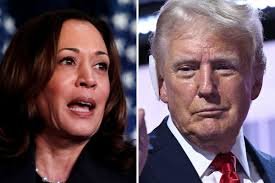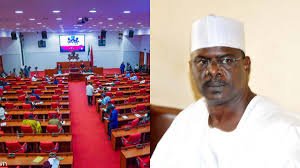Oluwole Oke, a member of the House of Representatives, is proposing a bill to create three new states in the south-west geopolitical zone.
Oke, who represents Obokun/Oriade federal constituency of Osun state, chairs the house committee on judiciary.
The bill proposes to amend the first schedule, part I of the constitution to create three new states — Oke-Ogun, Ijebu, and Ife-Ijesa states.
Addressed to the clerk of the house of representatives and dated February 6, the bill is expected to be listed for first reading.
If the bill scales through and is passed into law, the south-west will have the highest numbers of states among the six geopolitical zones.
Nigeria currently has 36 states created during the military era.
The draft bill proposes that Oke-Ogun state, with Iseyin as its proposed capital city, will comprise 12 LGAs.
According to the bill, Ijebu state, upon creation, will consist of nine LGAs with Ijebu Ode as its capital, while Ife Ijesa state is set to be composed of 11 LGAs, with Ile-Ife as its capital city.
The national assembly is currently amending the 1999 constitution.
In January, Benjamin Kalu, deputy speaker of the house of representatives, said work on the amendment of the 1999 constitution would be completed in December 2025.
No state has been created since 1999 when the country returned to democratic rule.
Requirements for state creation and boundary adjustments are among the most challenging provisions in a constitutional amendment process.
Section 8 (1) of the constitution stipulates that a new state can only be created if it is supported by at “least two-thirds majority of members (representing the area demanding the creation of the new state) in each of the following, namely — “(i) the Senate and the House of Representatives. (ii) the House of Assembly in respect of the area”.
“(iii) And the local government councils in respect of the area, is received by the National Assembly; (b) a proposal for the creation of the State is thereafter approved in a referendum by at least two-thirds majority of the people of the area where the demand for creation of the State originated;
“(c) The result of the referendum is then approved by a simple majority of all the States of the Federation supported by a simple majority of members of the Houses of Assembly.
“(d) The proposal is approved by a resolution passed by two-thirds majority of members of each House of the National Assembly.”























